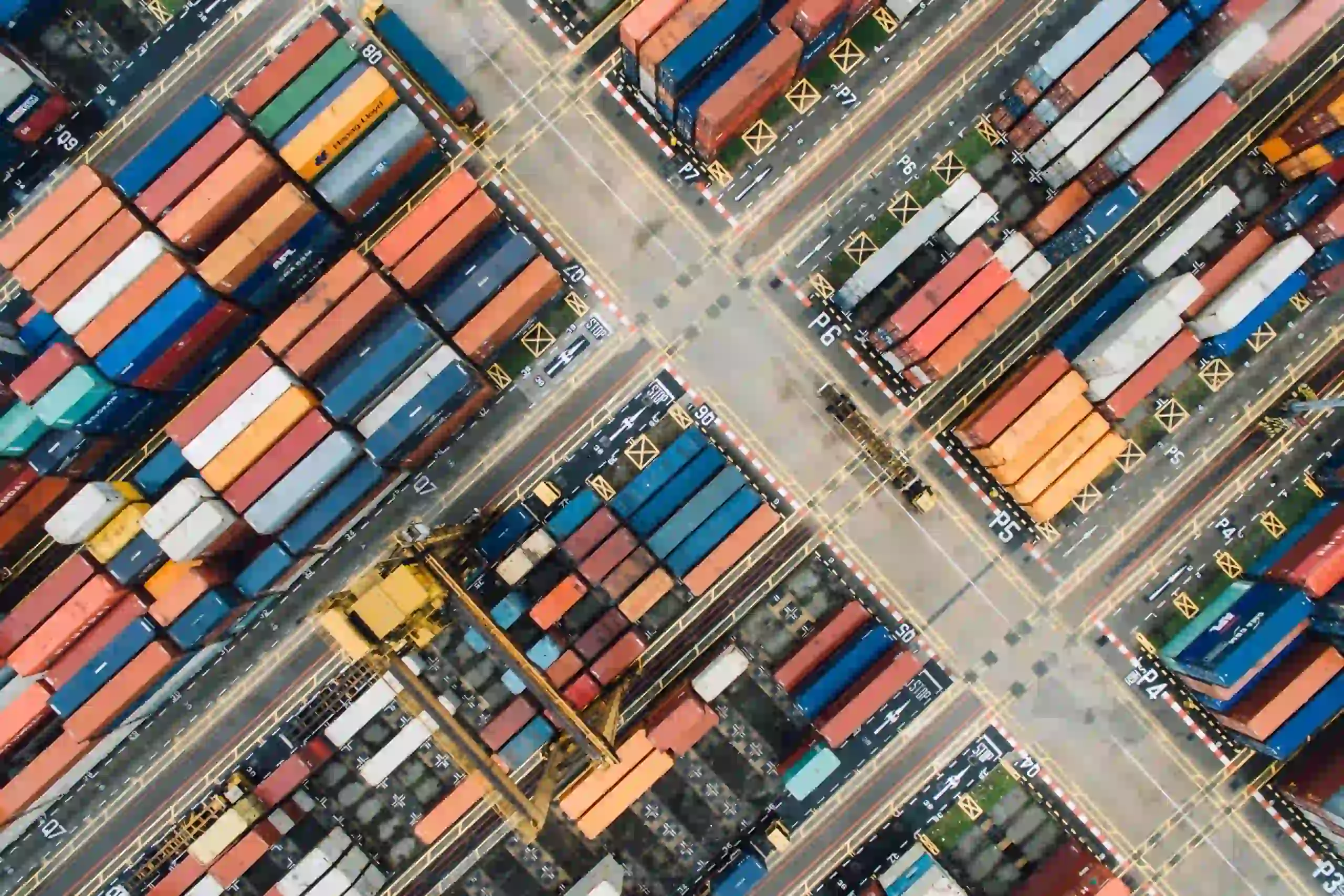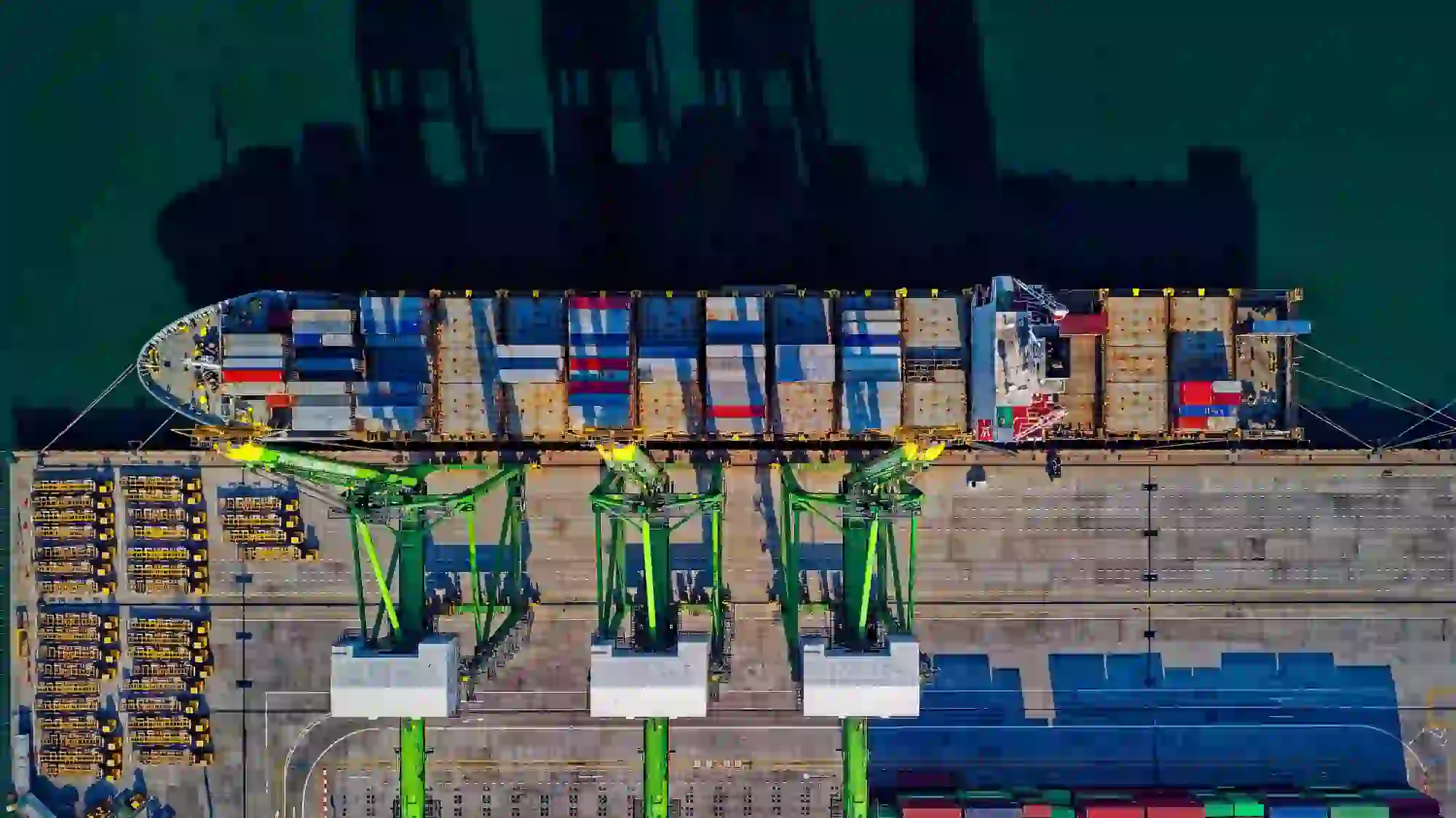In today’s globalised world, brands require comprehensive logistics that allow them to efficiently manage their entire supply chain. Logistics which must be totally flexible and scalable, to be able to change and adapt their commercial strategy to the different situations that this industry has to face worldwide.
Many sectors, such as fashion, tend to have their production relocated in Asia, with China at the forefront, but also in Morocco, Turkey, Portugal or even locally, either in Spain or Latam. Therefore, regardless of where their products are manufactured, brands in the fashion sector have the challenge of guaranteeing their customers a correct supply, either through their online channel, retail or through wholesale.
A challenge that is extremely complicated, especially today, where the impact of Covid-19 has led maritime trade to collapse. We are talking about the fact that shipping companies carry out the vast majority of freight transport in the world, 80% according to experts, so the bottleneck it is currently suffering has led to problems of shortages and an increase in freight prices. This is largely due to the huge demand for freight transport from Asia and the shortage of containers. The consequence is clear: the prices of products have become more expensive, and they also suffer delays in delivery, generating an uncertainty that encompasses all foreign trade.
In all the countries where we are present, such as Mexico, Colombia, Panama or Chile, due to their remoteness, they have had to endure more of these price premiums. It has also happened in Spain, which has also suffered the consequences of events such as the Ever Given getting stuck in the Suez Canal.

The breakdown in international transport
During the onset of the Covid-19 health crisis, international trade was paralysed by the closure of Chinese factories, so shipping companies had to reduce routes and ships and ports implemented safety protocols for loading and unloading which slowed down the process. In July 2020, this landscape changed, as e-commerce continued to increase, there were many orders in progress and companies still needed their products in order to meet demand. So there was a breakdown with international transport that has not yet been corrected.
In data, and according to the General Administration of Customs (AGA), China’s trade with the rest of the world increased by 26.6% year-on-year during April 2021, reaching 3.149 trillion yuan (403,899 million euros). A not negligible amount that makes clear the importance of the Asian country in international trade.
The maritime shipping giant Maersk assures that, to alleviate this situation, the challenge is not only to get space on the ships, but also to have availability of containers to consolidate the cargo. We are thus faced with a situation that could begin to normalise as demand also stabilises. Not surprisingly, according to a study by Astound Commerce, it is estimated that the increase in e-commerce this year will be 24%, compared to 34% recorded in 2020.
Effective management of international logistics
The peculiarities of forwarding and customs requirements that vary depending on the country, together with the complex context in which we find ourselves with the shortage of containers, merchandise blockades, the increase in costs, among other things, have caused brands to focus on specialised logistics partners to defend their interests around the world and advise them at all times.
An important value that global companies are increasingly taking into account. Logisfashion is aware of this situation in international trade and the growing needs of the fashion and lifestyle sector, so it has strengthened its international transport and customs management services, with the aim of being able to directly offer its customers logistics solutions from start to finish. It also does so based on a strong investment in technology to streamline all processes, focused on a team of professionals with a broad global knowledge of these industries. A commitment that, without a doubt, will allow its clients to continue increasing their business. Regardless of borders.

